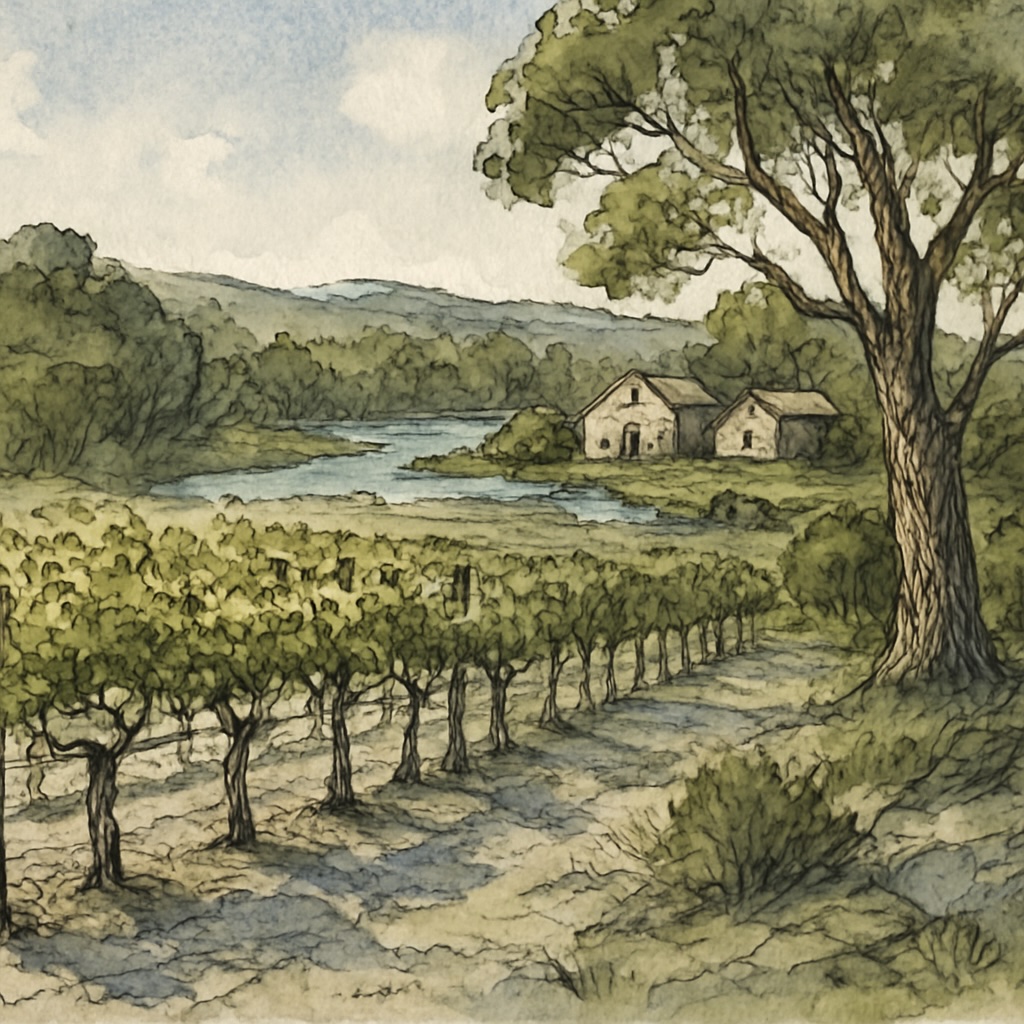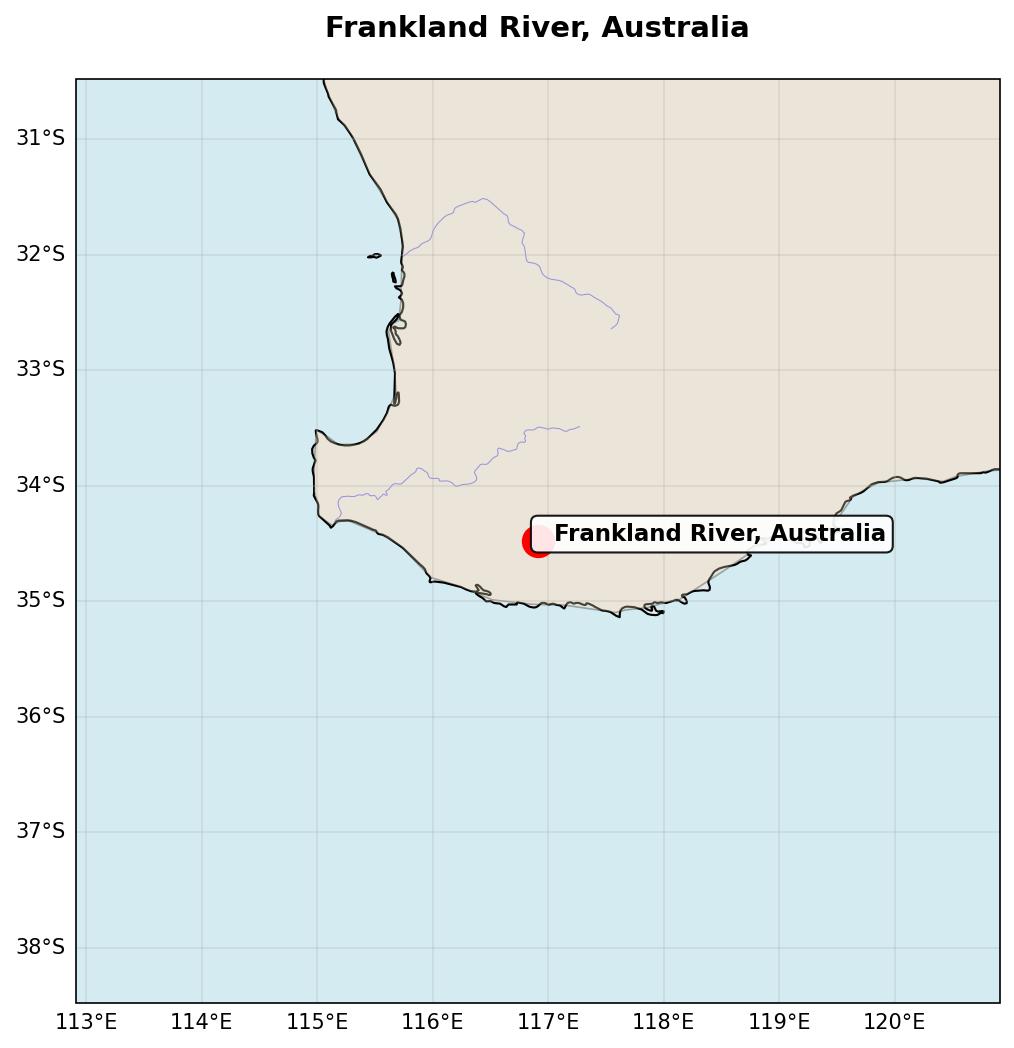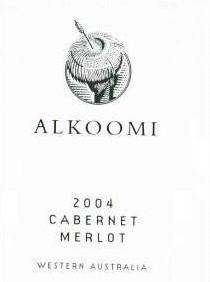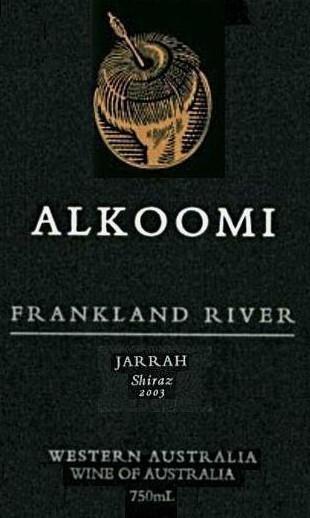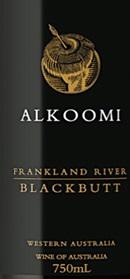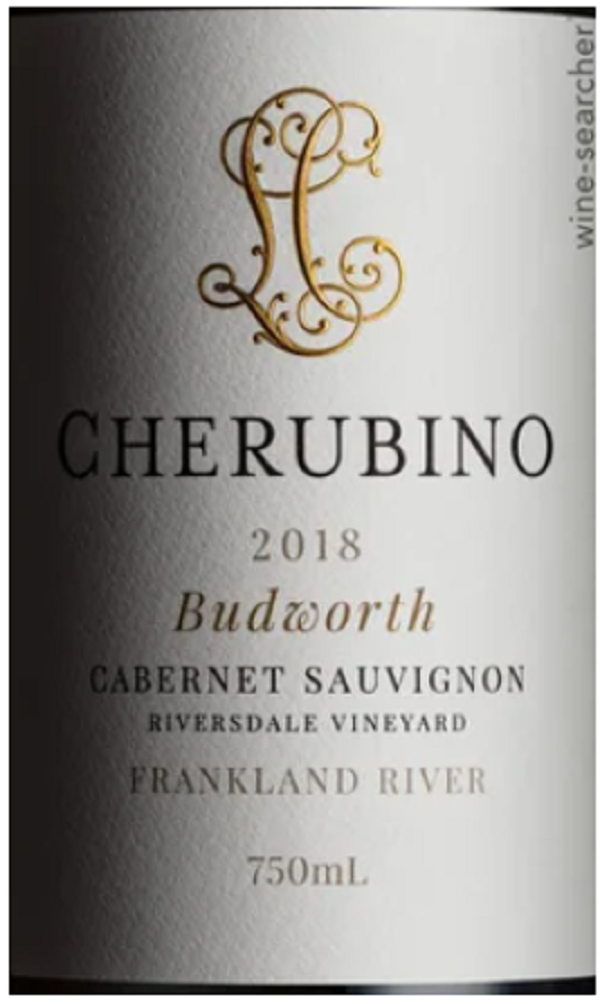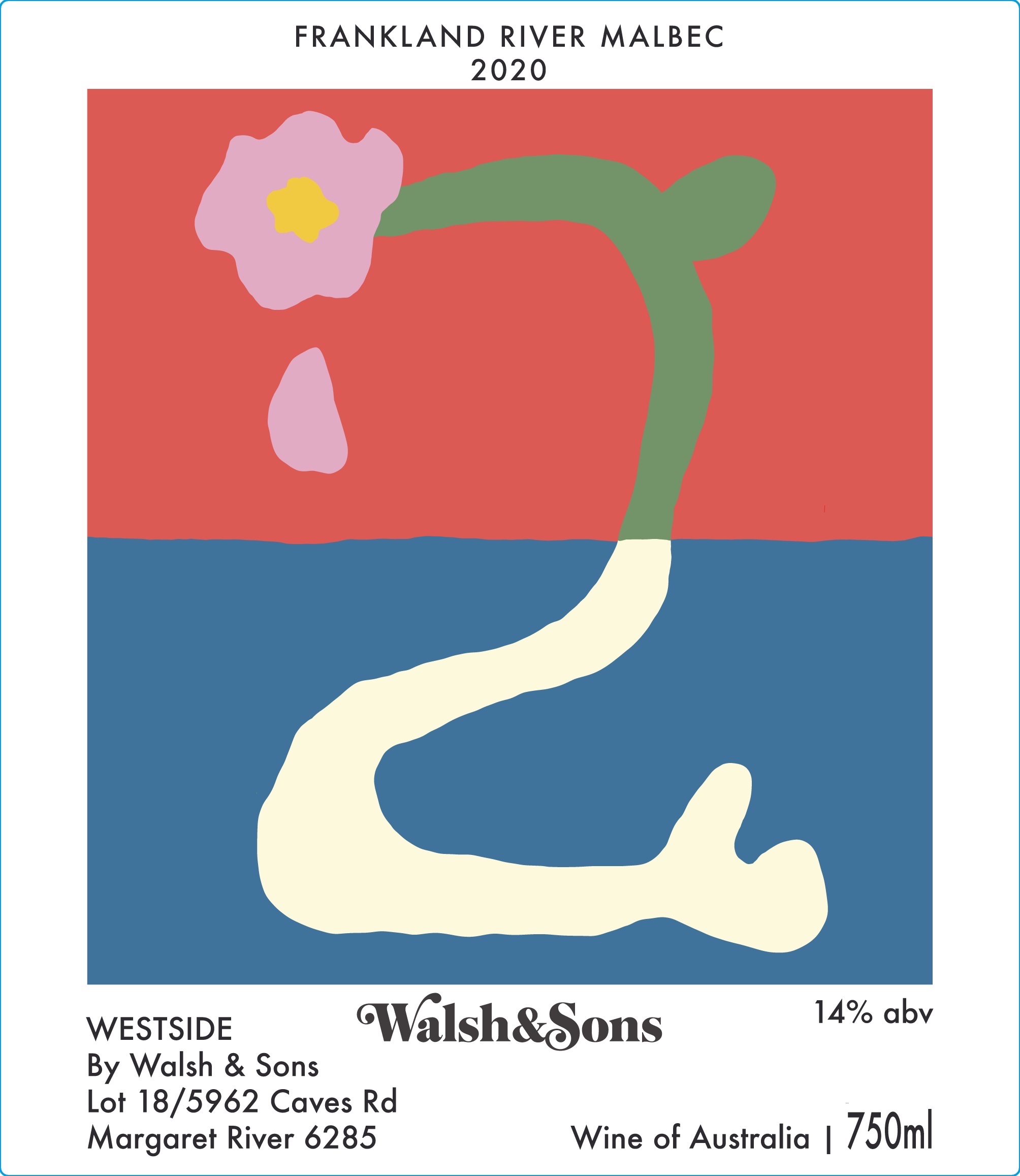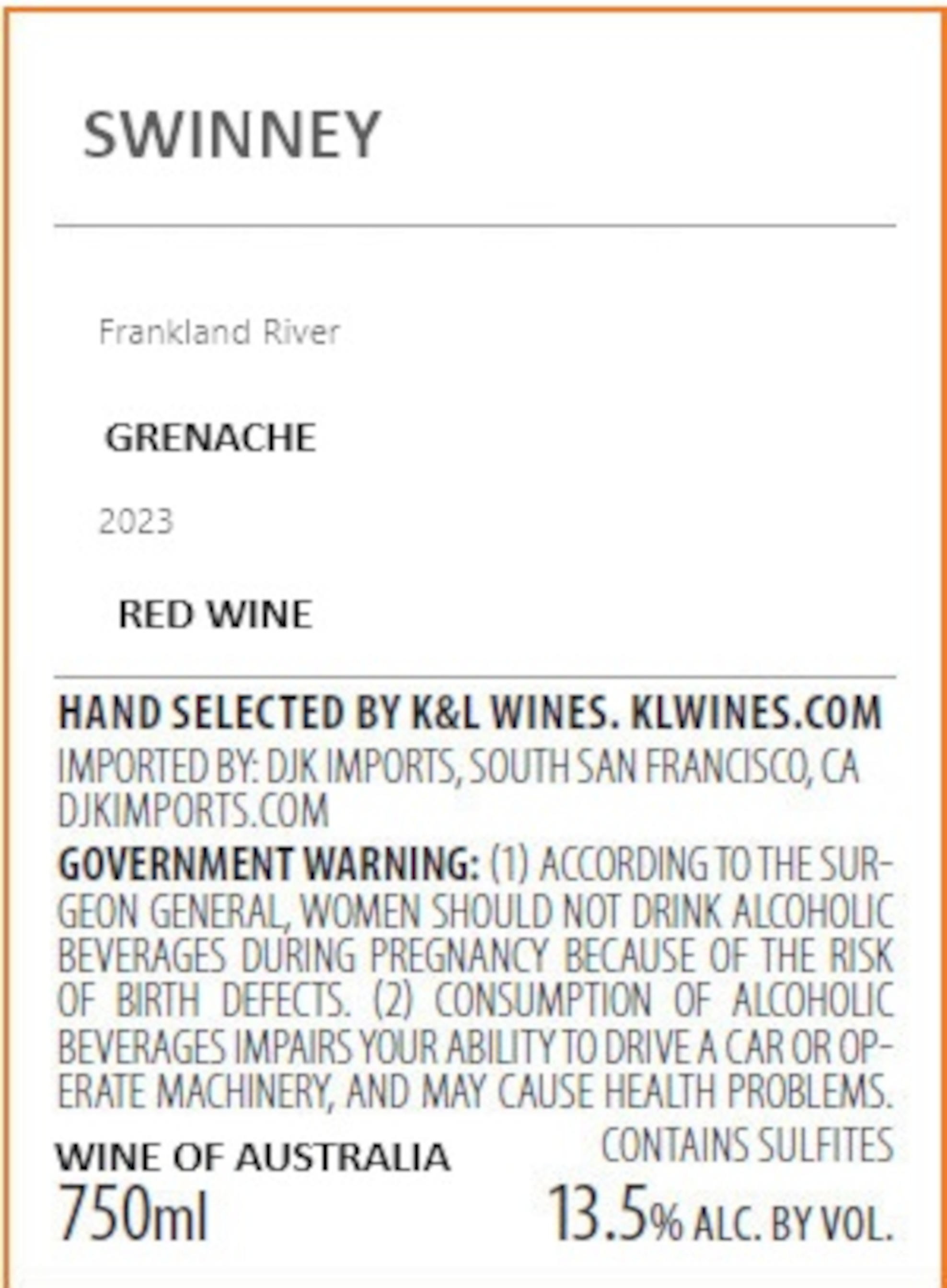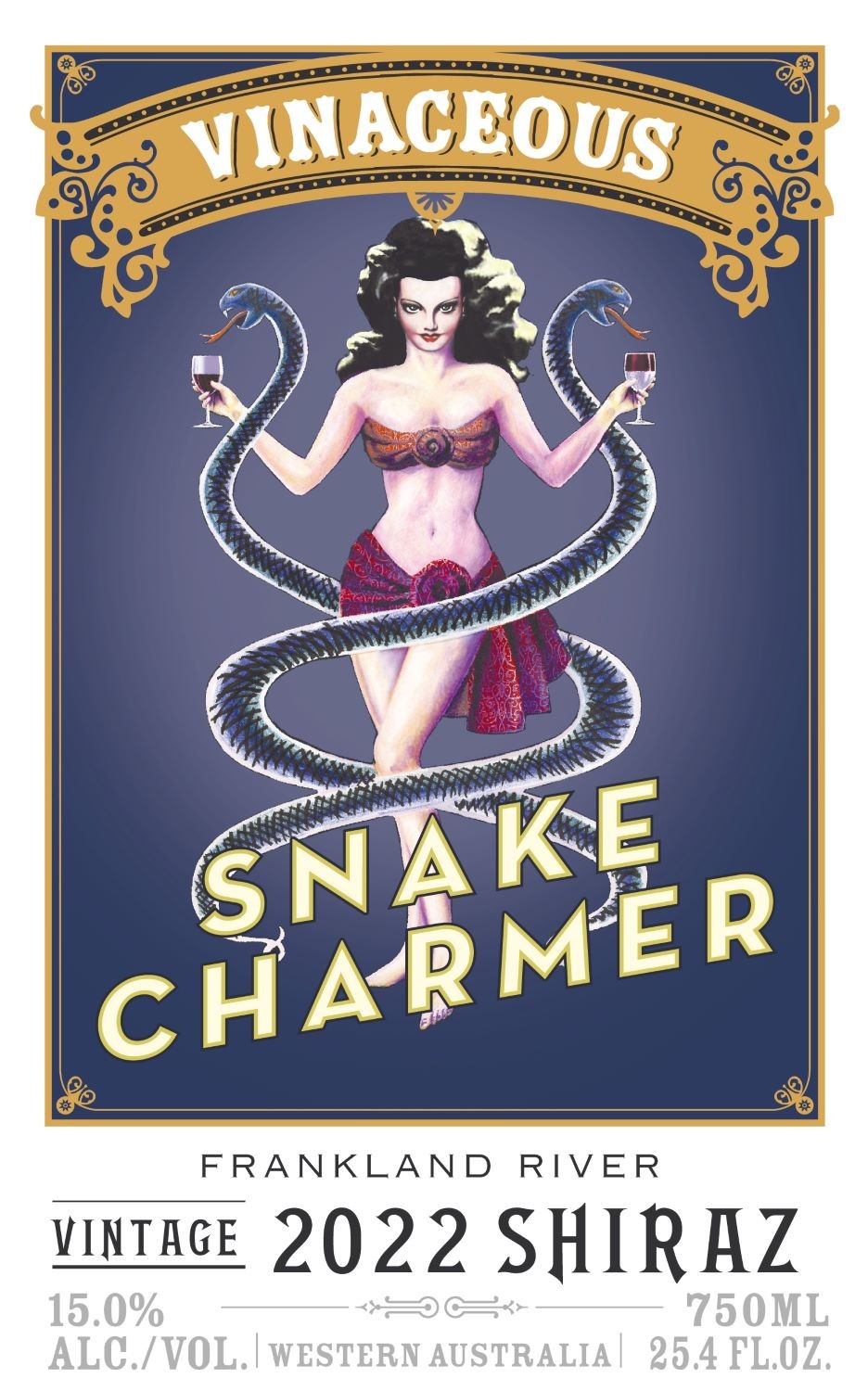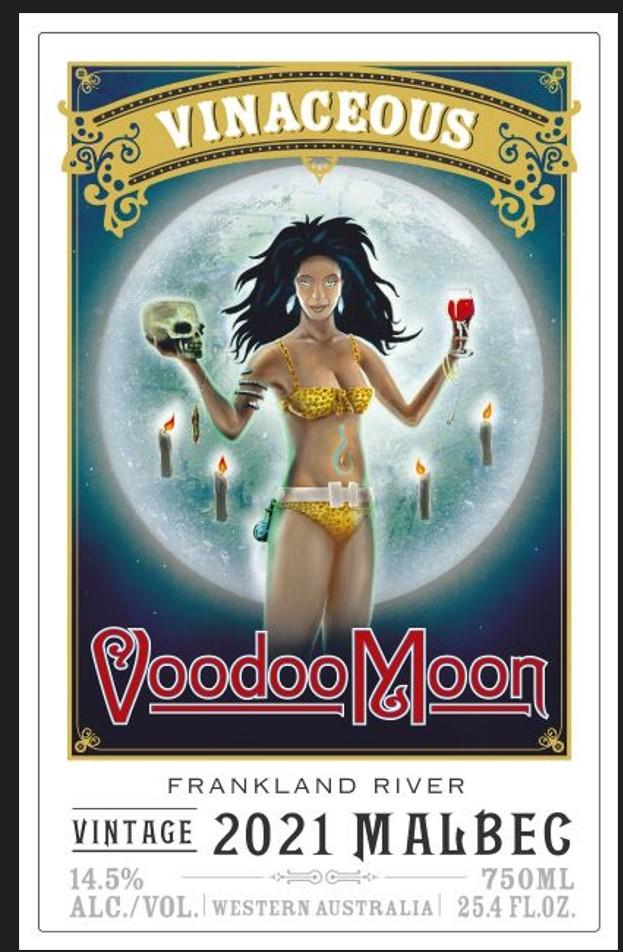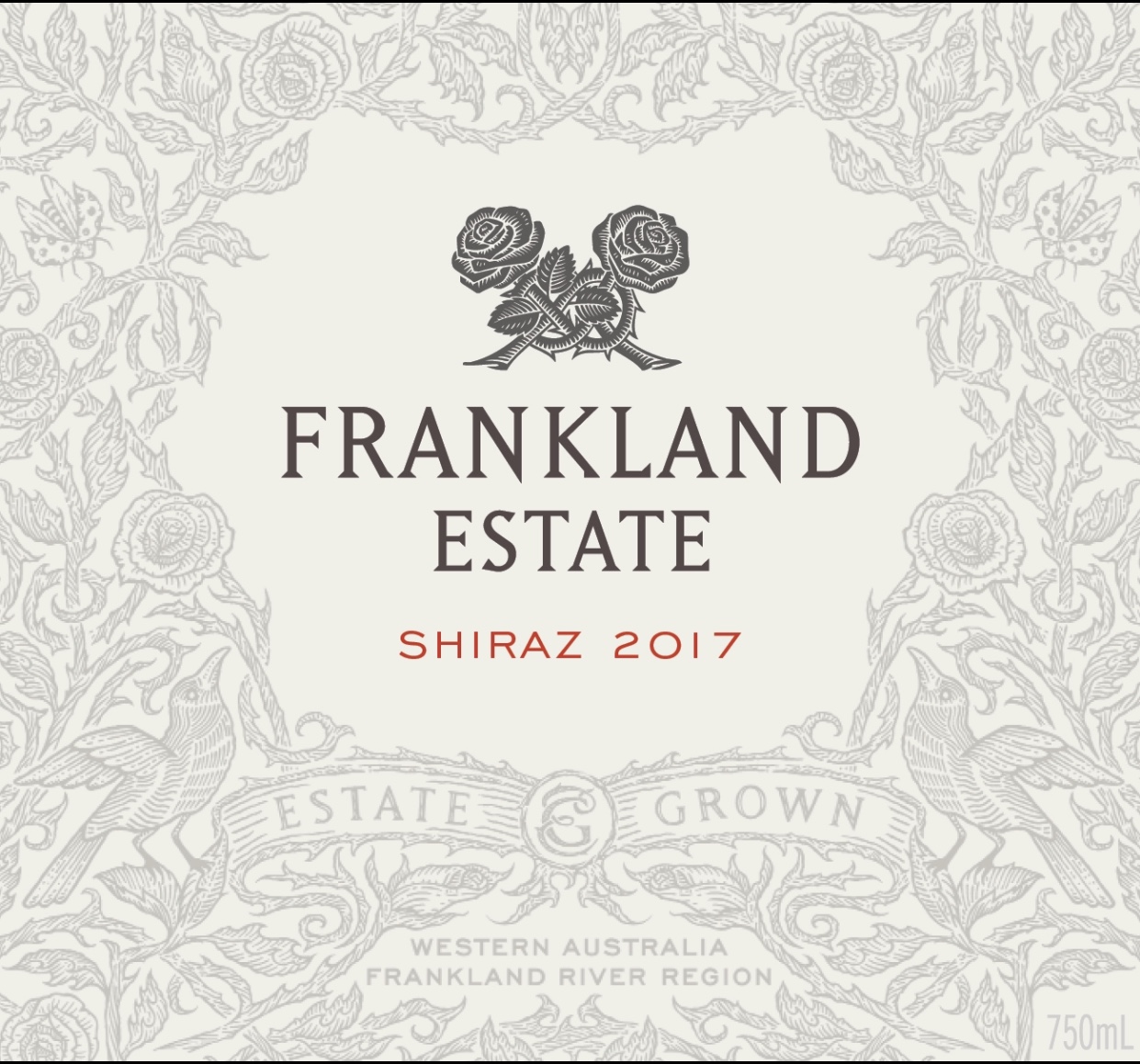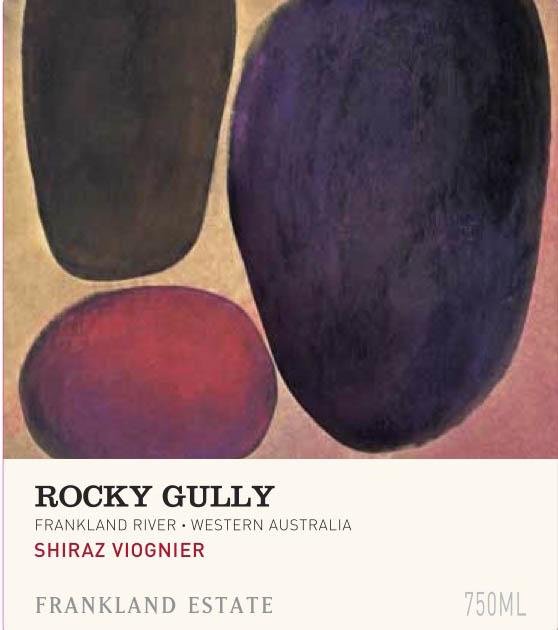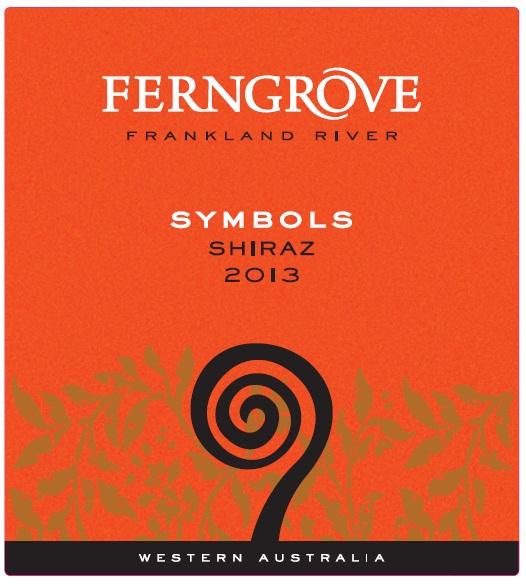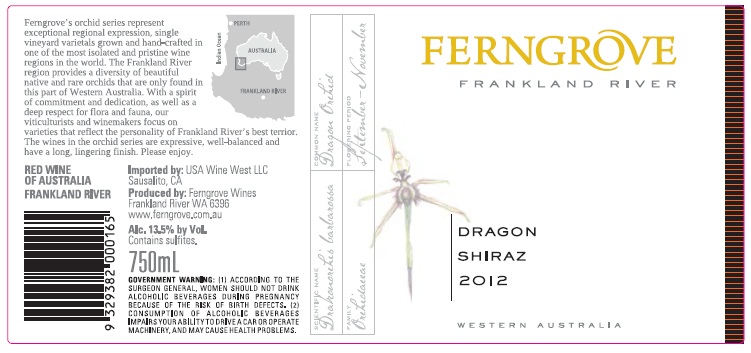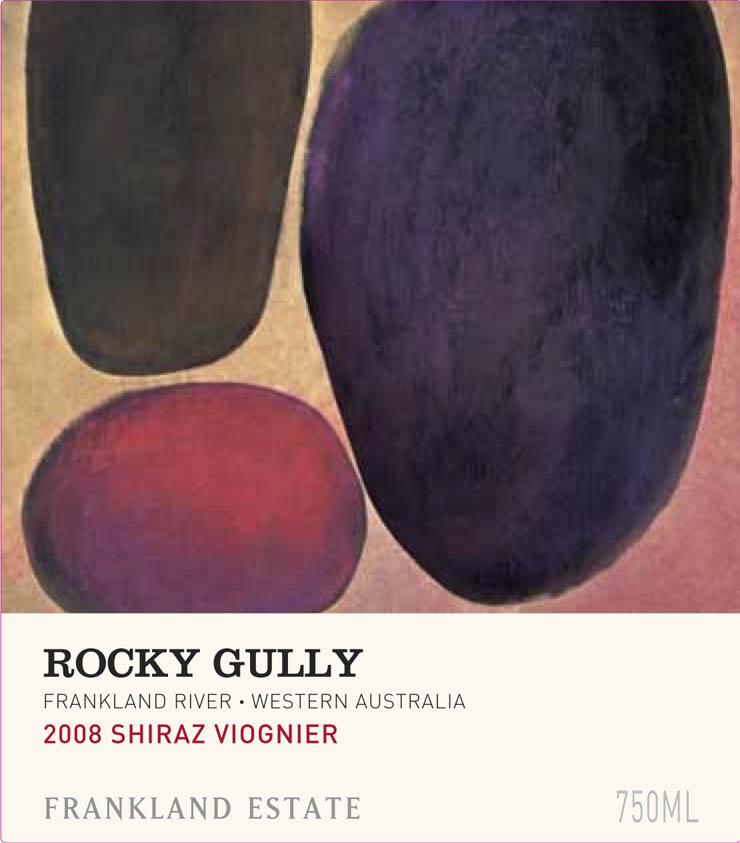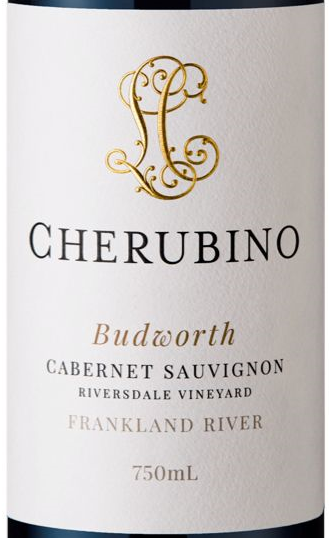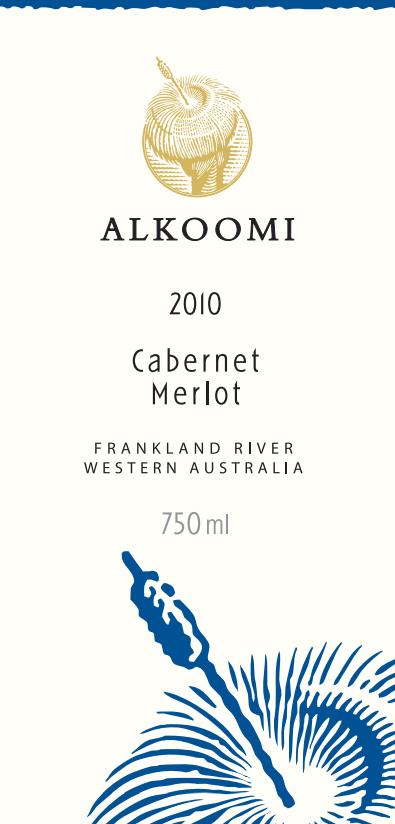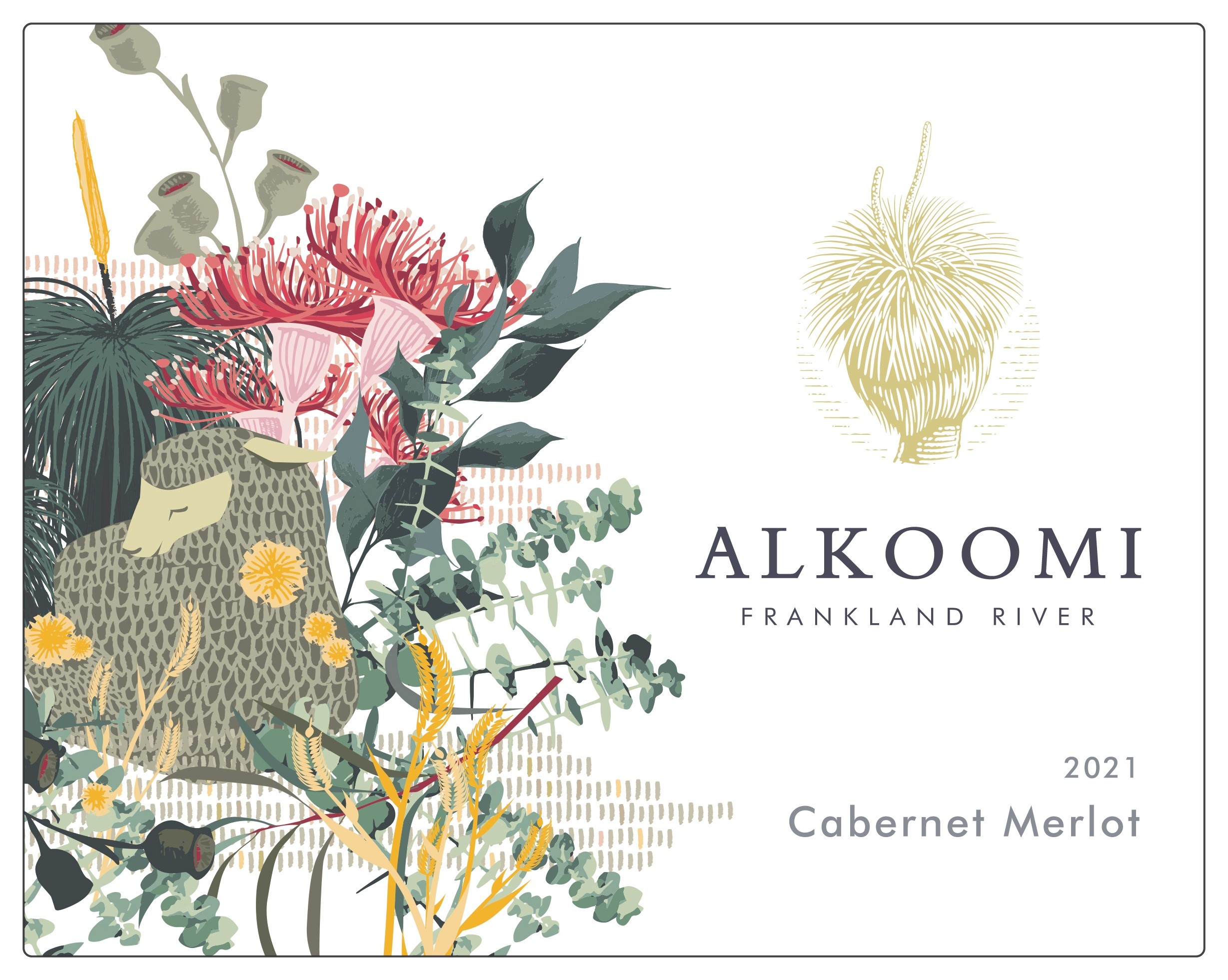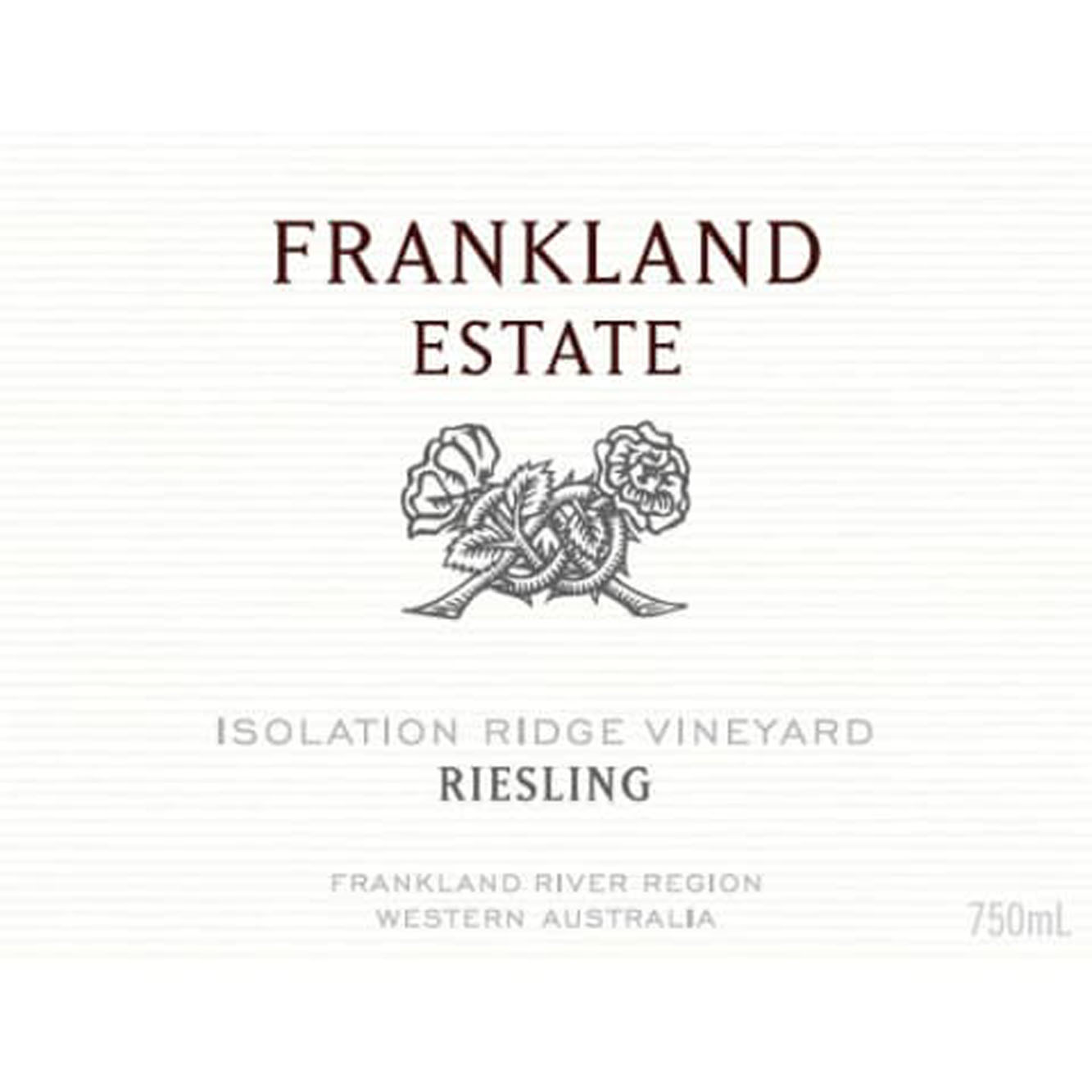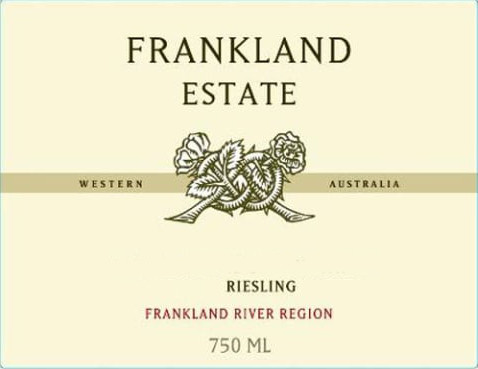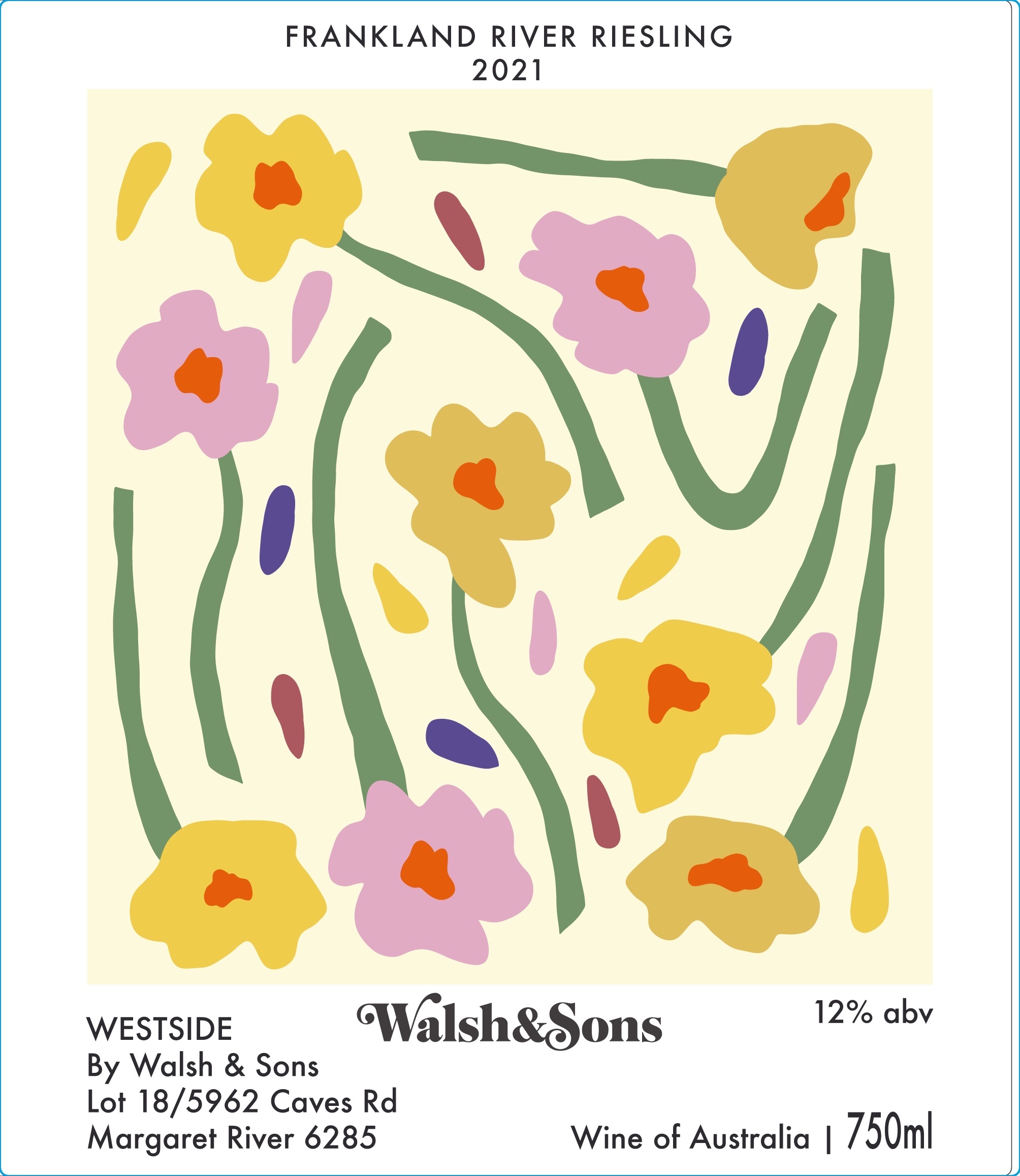Terroir of Frankland River
Frankland River's semi-continental climate, influenced by the Mediterranean, is perfect for grape growing. The vineyards benefit from warm days and cool nights, which help grapes ripen slowly while keeping their natural acidity. Situated at elevations of 200–300 meters, the area has mild, wet winters with most rain in winter and spring, while the dry growing season lowers disease risk. Cooling breezes from the south coast further moderate hot afternoons, improving grape quality.
The unique soil adds to Frankland River's wine character. Vines grow in red-brown lateritic gravels and sandy clay-loams, originating from ancient granite, with ironstone gravel and clay beneath. These well-draining, low-fertility soils support deep roots and low vine vigor, yielding small, flavorful berries. This results in red wines with firm tannins and freshness, and white wines like Riesling known for their precision and minerality.
Notable Wineries in Frankland River
Frankland River’s wine landscape, though compact, boasts a distinguished reputation. Leading the charge is Alkoomi Wines, renowned for its excellent Shiraz, Cabernet, and Riesling that capture the essence of the region.
Family-owned Frankland Estate garners praise for its site-specific reds and whites, reflecting the unique terroir. Ferngrove Winery is notable for its striking cellar door and adventurous red blends, offering visitors a memorable tasting experience. Alongside these prominent names, boutique wineries contribute to the area's charm with their unique, small-scale productions. Together, these wineries have not only elevated Frankland River's status but also gained national recognition for the exceptional quality of their wines.
Sustainable Winemaking in Frankland River
Frankland River stands out in sustainable winegrowing, with its cool and dry climate providing ideal conditions for eco-friendly practices. Many vineyards here embrace methods like dry farming, cover cropping, and minimal tillage to enhance soil health while keeping synthetic chemicals at bay through Integrated Pest Management. The region is seeing a rise in organic and biodynamic certifications, reflecting a commitment to sustainable farming.
Renewable energy use, like solar power, and water-saving techniques, such as recycling, are becoming more common at local wineries. Most growers participate in Australia’s Sustainable Winegrowing programs, focusing on efficiency and continuous improvement. These efforts not only preserve the natural environment but also ensure that the wines of Frankland River truly express their unique terroir.
Wine Tourism in Frankland River
Frankland River, in Western Australia's Great Southern region, offers a unique wine tourism experience.
The area's scenic backroads invite leisurely exploration, with cellar doors nestled amid lush landscapes. Visitors can enjoy tastings of renowned Shiraz and Riesling, often paired with tranquil vineyard strolls.
The region's natural beauty, featuring jarrah and karri forests, enhances the experience, encouraging activities like hiking and picnicking. Limited lodging options such as farm-stays and B&Bs mean many visitors opt for accommodations in nearby towns like Mount Barker or Denmark.
Events like harvest lunches and small festivals occasionally enliven the area, adding to its appeal. The focus on sustainable practices, such as organic farming and renewable energy, underscores Frankland River's commitment to preserving its unique environment, ensuring an authentic, eco-friendly wine tourism experience.
